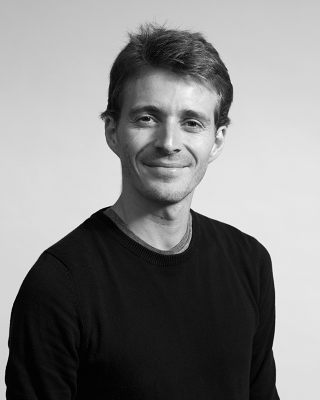Dr Alexandre Marcireau
International Centre for Neuromorphic Systems 
![]()
Biography
Dr Alexandre Marcireau received a Master of Engineering degree from the École Centrale de Paris in 2015, with a specialisation in computer science. He developed an interest in bio-inspired technologies during his degree. His Master Thesis discussed Neuromorphic cameras and their applications to biological experiments.
He joined ICNS in 2019 as a postdoctoral research fellow in Neuromorphic Engineering. His research focuses on bio-inspired computer vision, event vision sensors, event-based processing, and software development.
Research Interests
Dr. Marcireau's research is motivated by the striking difference between biological eyes and conventional cameras. Even though both extract information from the photons emitted and scattered by the environment, their analog and digital processing strategies are vastly different. Neuromorphic Engineering is based upon this observation and aims to bring the advantages of biological systems to modern technologies, notably resilience to noise and power efficiency.
Currently, he focuses on the design of user-friendly, high-performance software to use event sensors, in hopes of broadening the Neuromorphic Engineering community. He also explores the applications of event cameras to space technologies, with a focus on artificial satellite observation from the ground and in orbit.
Qualifications
- PhD Sorbonne Universités. 2019.
- M.Eng École Centrale Paris 2015.
Publications
A full listing of my publications can be found on my Google Scholar page here.
Contact Andrew
| a.marcireau@westernsydney.edu.au | |
| Location | Western Sydney University Penrith campus (Werrington South) |
| Room | BA.2.201B |



